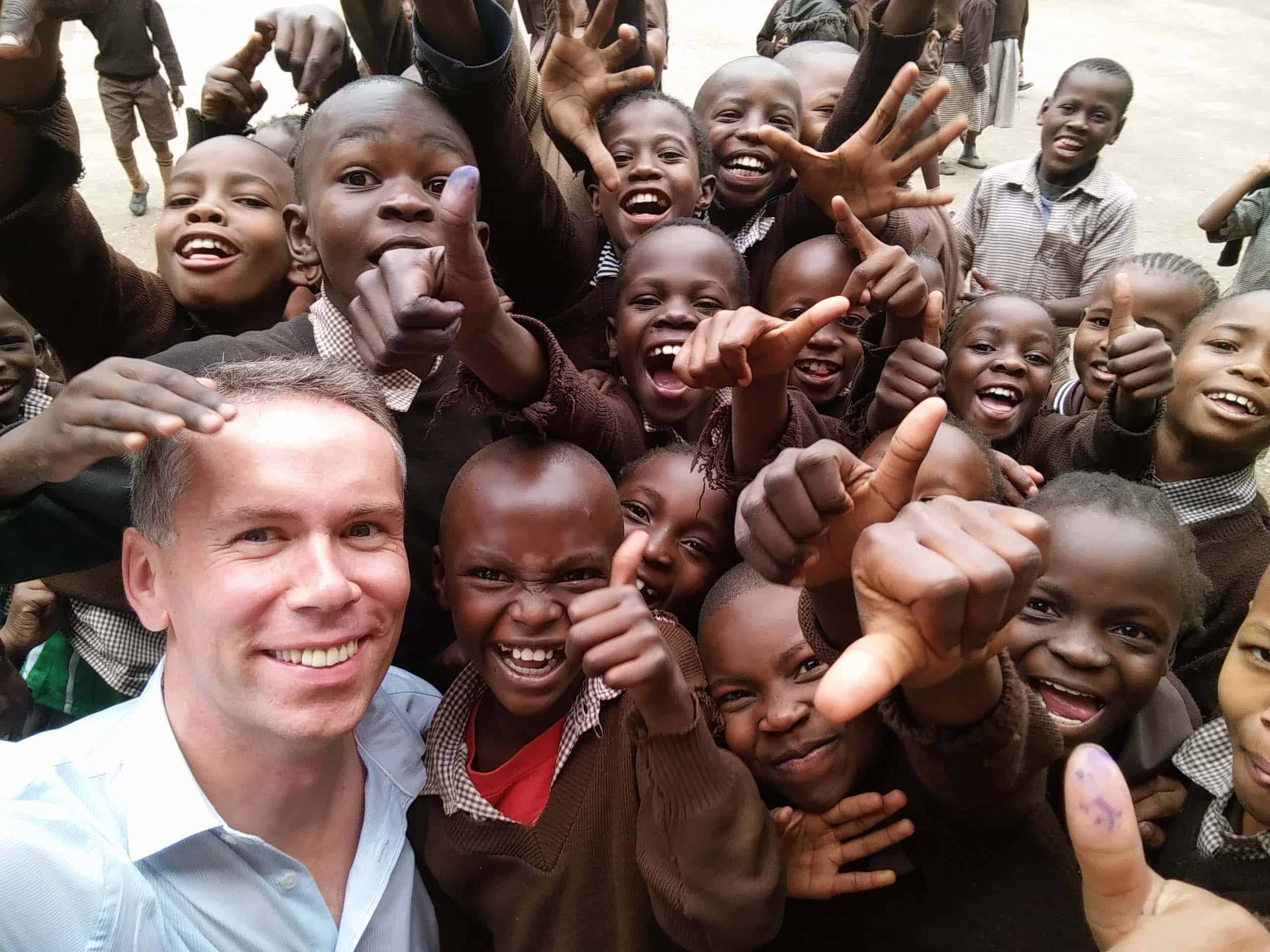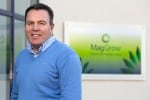John Fitzsimons, CEO Camara Education, talks sustainable growth, having fun on the job and one particular Kenyan student that makes his work worthwhile.
Q. What are your main priorities and goals in your role?
My main priority is delivering sustainable growth. In the first ten years of Camara Education we positively impacted the education, and ultimately life opportunities, of two million students in Ireland and Africa. Our current strategy is to impact another three million in the four years up to 2020. The sustainable part of this is important. We have seen in this sector and others where too much growth can ultimately trip you up.
Q. How do you keep your team/staff motivated?
All the research points to remuneration being third or fourth in importance for staff. As a charity and social enterprise we will never compete with our friends in the commercial world so we endeavour to beat them at the more important variables, namely recognition and having a fun, flexible, meaningful working environment.
Q. What are the challenges facing your industry going forward?
In the past, naïve ICT-in-education interventions, typically hardware-led, have tainted the perception of the potential impact. Now that we have definitively proven that ICT can significantly impact educational outcomes when implemented correctly, the potential is huge. In this industry we need to relentlessly communicate the potential to influence all those in the education sector, from ministries down to schools and students.
“I asked Patience what she wanted to be when she grows up and she said she wants to be a neurosurgeon. I was flabbergasted! I asked her why and she turned around to the PC and opened Wikipedia and started educating me on neurosurgery!”
Q. Are there any major changes you would like to see in your sector?
As an advocate for social justice globally, we would like to see the Irish government follow through on our commitment to put 0.7% of gross national income to the development of the world’s poorest people, like our neighbours in the UK have. The recent signals from an Taoiseach, who will hopefully outline a plan to achieve this, were welcome and badly needed given we are currently at just 0.37%. We are no longer ‘Irish’ alone, nor ‘European’; we are all global citizens. While problems in Africa used to be confined to Africa, these days they are all our problems. So reaching 0.7% is smart for many reasons including for security and business, not to mention morally right.
Q. As an employer are you finding any skills gaps in the market?
Approximately 80% of our recruitments are for positions abroad. Given the challenges a number of these countries face, not to mention the education challenges and the pressures for them to leave their countries, sourcing really good talent in-country can be difficult. However, the strength of the work we do can also attract the best talent. A case in point is our CEO in Ethiopia, who gave up a very well-paid job with Accenture in the US to run the education hub back in his native country. I share his view; money is only important if you don’t have any!
Q. How will Brexit affect you, or have you started to feel the effects already?
Brexit could be a significant factor as a couple of our larger projects are UK government-funded. Thankfully, the UK government has recommitted to the 0.7% pledge and it looks like this will not change any time soon. One aspect of our organisation is sourcing and refurbishing computers from companies and making them affordable to schools, and there is lots of opportunity from Brexit with numerous companies relocating and refreshing their ICT infrastructure as a result.
Q. How do you define success and what drives you to succeed?
Recently I met a student in Ganjoni Primary School, Mombasa, Kenya. Her name was Patience Kamuche. When I sat down to chat to Patience, I learned that her mother is a stay-at-home mum and that her father has a small shop on the side of the street and clearly struggles to make ends meet. I asked Patience what she wanted to be when she grows up and she said she wants to be a neurosurgeon. I was flabbergasted! I asked her why and she turned around to the PC and opened Wikipedia and started educating me on neurosurgery! Not only was her education much improved by having access to these resources, she is really engaged in her education – but her aspirations in life have been radically changed.
Patience is one of over two million students who have benefited the work of Camara Education. I am completely driven to give three million more students like Patience the opportunity to also dream big and achieve their goals.







